Policy Bureaucracy —— Government with a Cast of Thousands
----- 政策官僚:壮观的政府阵容
Policy making is not only about the cut and thrust of politics. It is also a bureaucratic activity. Long before laws are drafted, policy commitments made, or groups consulted on government proposals, officials will have been working away to shape the policy into a form in which it can be presented to ministers and the outside world. Policy bureaucracies - parts of government organizations with specific responsibility for maintaining and developing policy - have to be mobilized before most significant policy initiatives are launched. This book describes the range of work policy officials do. The 140 civil servants interviewed for this study included officials who helped originate policies which were subsequently taken over as manifesto commitments by the Labour Party; officials who helped devise the formula by which billions of pounds are allocated to local government in grants; and also officials who recommended to the Secretary of State that a controversial publisher be allowed to take over a national newspaper. The background and career paths of middle-ranking officials show them to be a diverse group who do not tend to develop long-term subject specialisms. The instructions to which these officials work - whether coming from ministers or senior officials - are often very broad and leave much to personal interpretation. Policy Bureaucracy goes on to examine how ministers and senior officials affect the work of middle ranking officials and the cues policy bureaucrats use to develop policy. The analytical approach adopted in the book is derived from Alvin Gouldner's Patterns of Industrial Bureaucracy and hiselaboration of Max Weber's notion that hierarchy and expertise place a fundamental tension at the heart of modern bureaucracies. In the UK this tension is handled by combining 'invited authority' with 'improvised expertise'. The book also explores other models of handling this tension in political systems in Europe and the USA.
{{comment.content}}
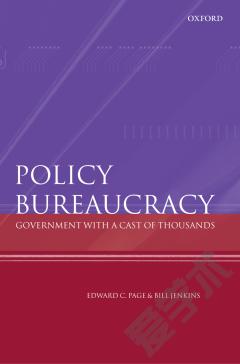


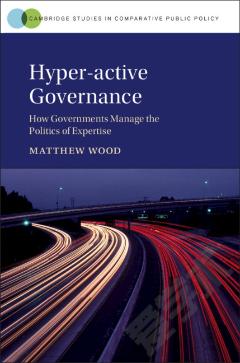
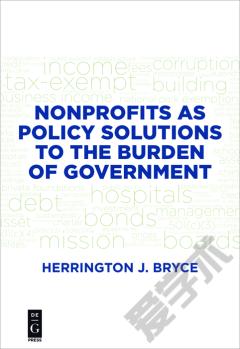
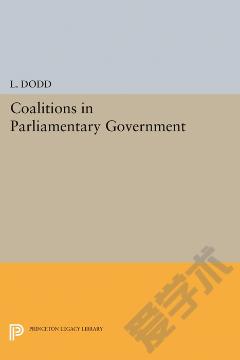
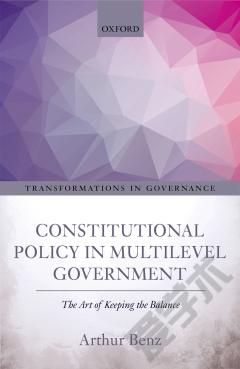

 京公网安备 11010802027623号
京公网安备 11010802027623号